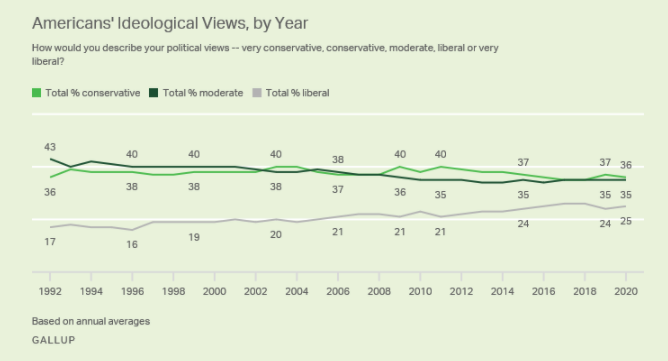
If you read one thing about the terrible situation in Myanmar, make it this.
Also, let me take this opportunity to explain some of the stubborn factors that make it so hard to raise attention for important issues like this coup.
persuasion.community/p/dont-ignore-…
Also, let me take this opportunity to explain some of the stubborn factors that make it so hard to raise attention for important issues like this coup.
persuasion.community/p/dont-ignore-…
1)
Readers are more interested in issue close to home or that they already have some familiarity with.
Thankfully, Persuasion is funded by subscribers with an ideological investment in these issues, so this doesn't matter much to us.
But even then there's other obstacles.
Readers are more interested in issue close to home or that they already have some familiarity with.
Thankfully, Persuasion is funded by subscribers with an ideological investment in these issues, so this doesn't matter much to us.
But even then there's other obstacles.
2)
Myanmar has long been cut off from the world, so editors don't know that much about it.
I have met activists and intellectuals from a large number of countries. I have a sense of who is credible and who isn't. I know who to go to.
On Myanmar, I don't. That makes it harder.
Myanmar has long been cut off from the world, so editors don't know that much about it.
I have met activists and intellectuals from a large number of countries. I have a sense of who is credible and who isn't. I know who to go to.
On Myanmar, I don't. That makes it harder.
3)
Sure, there are a small number of journalists and academics writing on Myanmar.
Most years, they toil in relative obscurity. Nobody wants to hear their pitches about how things are about to go wrong.
When they finally do, everyone wants to commission the same three people.
Sure, there are a small number of journalists and academics writing on Myanmar.
Most years, they toil in relative obscurity. Nobody wants to hear their pitches about how things are about to go wrong.
When they finally do, everyone wants to commission the same three people.
4)
And then of course there's the challenge of distribution.
In a printed newspaper, editors couldn't force you to read an article, but they could force you to see it.
Today, distribution is mostly on social media. If people don't retweet something, no one will know it exists.
And then of course there's the challenge of distribution.
In a printed newspaper, editors couldn't force you to read an article, but they could force you to see it.
Today, distribution is mostly on social media. If people don't retweet something, no one will know it exists.
So anyway. I'm proud of the piece we eventually managed to get on Myanmar. It's excellent, I think.
But if you ask yourself why newspapers and magazines often don't seem to give importance to key events like the coup in Myanmar, I hope this helps to explain part of the reason.
But if you ask yourself why newspapers and magazines often don't seem to give importance to key events like the coup in Myanmar, I hope this helps to explain part of the reason.
• • •
Missing some Tweet in this thread? You can try to
force a refresh





